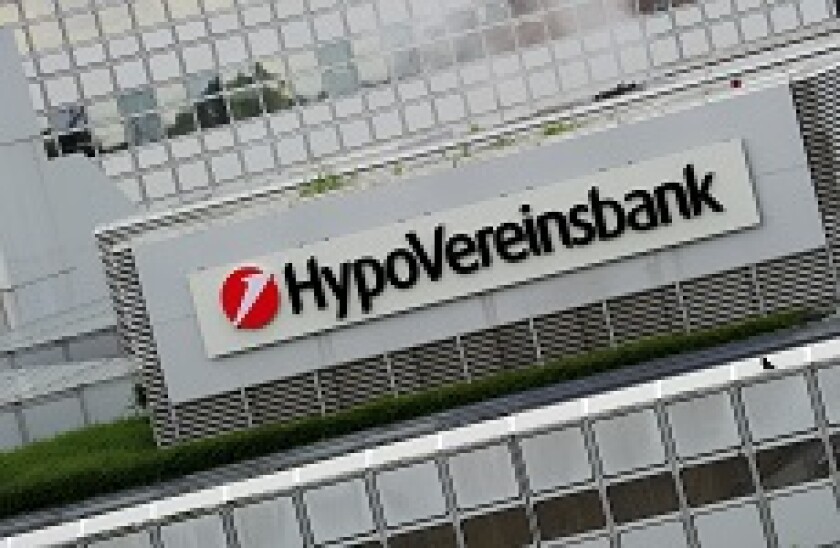After spending the last few year years focusing on its balance sheet, the Italian bank put plans to reward shareholders through dividends and buy-backs at the centre of its capital markets day on Tuesday, where it explained its new strategy for the next four years. It will aim to release half of underlying net profit to shareholders in 2023, and 40% each year until then.
The share price drifted around on Tuesday, and analysts were largely unsurprised. But stepping back, the tone was of a bank turning a corner after a while spent worrying over capital quality and strength.
But if it is only now able to move on from the issues that tormented the sector after the eurozone crisis — non-performing loans and undercapitalisation — it looks to be better suited than peers to the new profitability challenges to banks. It is also choosing to adapt further to the new landscape.
The EU’s Banking Union is likely to remain incomplete for some time, despite Germany’s finance minister Olaf Scholz's recent call for an end to the deadlock.
Rules are strict on the amount of regulatory capital to be held in EU-based foreign subsidiaries of EU banks, something that UniCredit’s chief executive Jean Pierre Mustier has complained about. This is both a symptom and a cause of the lack of progress on the Banking Union; there is still a fear banks are European in life but national in death.
UniCredit’s plan involves setting up an intermediate holding company based in Italy but containing HypoVereinsbank, UniCredit Bank Austria AG and its central and eastern European businesses. This would allow it to loosen the burden for minimum requirements for own funds and eligible liabilities (MREL).
The lack of the Banking Union and the associated continued fragmentation of rules is also a thorn in the side of a bank looking to reach scale through M&A. UniCredit has been through the rumour mill about a tie-up with both Sociéte Générale and Commerzbank in the last two years.
But this is now off the cards. On Tuesday, Mustier appeared slightly irritated when batting off speculation about M&A. He said that activity here would be limited to smaller “bolt-on” deals, most likely in the CEE region. Instead, growth must be organic: and this is the plan, with projected annualised revenue growth of 0.5% in western Europe and 2% in CEE until 2023.
And concentrating growth in CEE is a way to get around low rates and low growth in western Europe, too. UniCredit projects €4.3bn of revenue to come from this region in 2023, compared with €15bn from western Europe. It is also happy to let costs grow in CEE by 1.8% on an annualised basis, as they shrink slightly in western Europe.
This is hardly a repositioning of the bank, but makes it less dependent than others on an economic upturn or on new president of the European Central Bank, Christine Lagarde, changing tack.
As for investment banking, a declining business for Europeans, UniCredit looks to be a step ahead of some rivals in having already pruned the less strategic parts of the business and has chosen to serve a targeted set of clients. It signed an alliance with Kepler Cheuvreux back in 2011 to outsource equities operations: now a clutch of other banks have followed suit or have quit parts of the business entirely.
Back in 2018 when bond markets were fretting over Italian politics and when NPLs was a greater cause for concern, the idea that UniCredit was well positioned to meet the challenges of European banking would have seemed ludicrous.
But now it looks ahead of the pack, meaning that to a relative degree it has the ability to rise or fall based on its own successes or failures.

